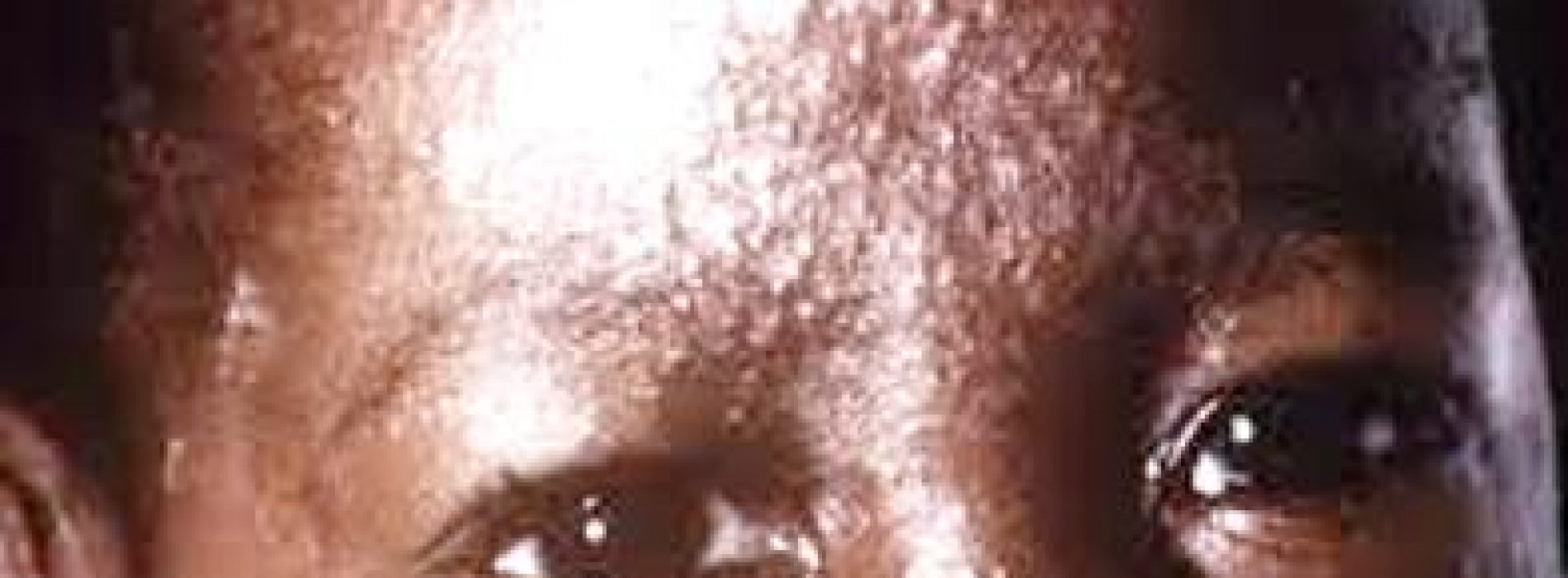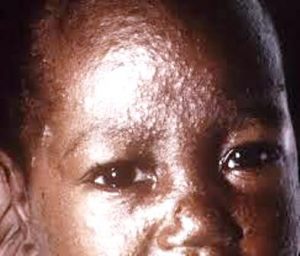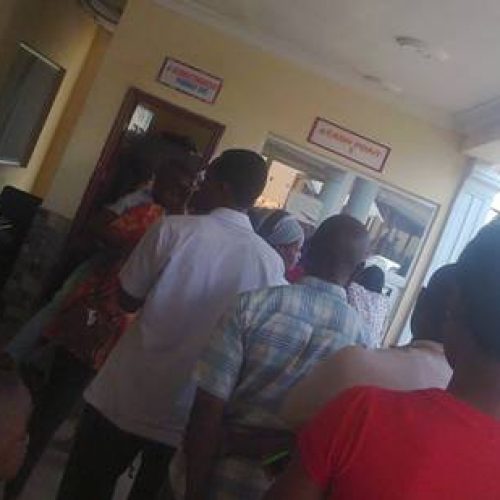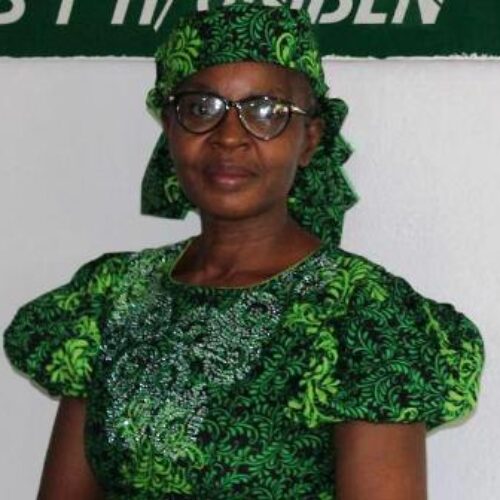Measles cases up 300 percent in 2019, WHO says
-
UNICEF expresses concern
-
More than 112,000 cases of measles already reporter this year
-
‘Many countries are in the midst of sizeable measles outbreaks,’ WHO says
Measles cases have continued to climb into 2019. Preliminary global data shows that reported cases rose by 300 percent in the first three months of 2019, compared to the same period in 2018. This follows consecutive increases over the past two years, the World Health Organisation (WHO) has reported.
According to the organisation, while this data is provisional and not yet complete, it indicates a clear trend. Many countries are in the midst of sizeable measles outbreaks, with all regions of the world experiencing sustained rises in cases.
Current outbreaks include the Democratic Republic of the Congo, Ethiopia, Georgia, Kazakhstan, Kyrgyzstan, Madagascar, Myanmar, Philippines, Sudan, Thailand and Ukraine, causing many deaths – mostly among young children.
Over recent months, spikes in case numbers have also occurred in countries with high overall vaccination coverage, including the United States of America as well as Israel, Thailand, and Tunisia, as the disease has spread fast among clusters of unvaccinated people.
Measles is one of the world’s most contagious diseases, with the potential to be extremely severe. In 2017, the most recent year for which estimates are available, it caused close to 110 000 deaths. Even in high-income countries, complications result in hospitalization in up to a quarter of cases, and can lead to lifelong disability, from brain damage and blindness to hearing loss.
The disease is almost entirely preventable through two doses of a safe and effective vaccine. For several years, however, global coverage with the first dose of measles vaccine has stalled at 85 percent. This is still short of the 95 percent needed to prevent outbreaks, and leaves many people, in many communities, at risk. Second dose coverage, while increasing, stands at 67 percent.
With governments and partners such as the Measles & Rubella Initiative, Gavi, the Vaccine Alliance, UNICEF and others, response operations are underway to bring country outbreaks under control, strengthen health services, and increase vaccine coverage.
- After conducting emergency vaccination campaigns targeting 7 million children from 6 months through 9 years of age, Madagascaris now seeing overall declines in measles cases and deaths.
- In the Philippines, over 3 890 000 doses of the measles and rubella vaccine have been given to children aged under 5 years.
- In the Democratic Republic of the Congo, the country is preparing to launch a combined response with polio vaccine.
- In collaboration with local health authorities, WHO and UNICEF conducted a nationwide measles and rubella vaccination campaign in Yemenreaching more than 11.6 million (90%) children aged 6 months–16 years across the country.
Responding to measles requires a range of approaches to ensure all children get their vaccines on time, with particular attention to access, quality and affordability of primary care services. It will also take effective public-facing communication and engagement on the critical importance of vaccination, and the dangers of the diseases they prevent.
WHO also recommends tailored approaches that ensure immunization services meet the needs of everyone – making sure that clinics are accessible to all areas, at the right times and to all population groups – especially those who face systemic discrimination and disadvantage.
Coverage of the 2nd vaccine dose also needs to increase globally, to maximize a population’s protection against the disease. Today, 25 countries still need to make the 2nd dose part of their essential immunization programme.
Meanwhile, the U.N. Children’s Fund (UNICEF) said Friday that the surge in measles cases poses a serious threat to children, saying that more efforts are needed to improve vaccine coverage
Ten countries, including Ukraine, the Philippines and Brazil, account for nearly three-quarters of the total increase in measles cases in 2018, UNICEF said.
In Ukraine, there were 35,120 cases of measles during the year and another 24,042 people were infected in the first two months of this year, it said.
The Philippines has already seen 12,736 cases and 203 deaths this year, compared to 15,599 cases in the whole of 2018, it said.
Measles is highly contagious and spreads through the air. There is no specific treatment for the disease, which has the potential to kill malnourished children and babies that are too young to be vaccinated.
Japan has been declared measles free by the World Health Organization but over 200 cases of infection have been reported this year. Medical experts say infection increased in line with a surge in foreign tourists.
“Poor health infrastructure, civil strife, low community awareness, complacency and vaccine hesitancy in some cases have led to these outbreaks in both developed and developing countries,” UNICEF said.
About author
You might also like
Madagascar COVID-19 drug: Save our nation this shame, PSN begs FG
Wants government to try local herbal drugs first
Patients in distress as Kubwa General Hospital introduces data computerisation
Long queues at cash points New system too slow to cope with large crowd of patients Patients wait for hours before treatment Hospital promises respite soon ABUJA – Patients now
How we solved problem of ‘Out of Stock’ syndrome in UBTH – Chief Pharmacist
The Head of Pharmacy, University of Benin Teaching Hospital, (UBTH), Dr. Caroline Olumese says the common problem of ‘Out of Stock’ (OS) syndrome in Nigerian hospitals is no longer an








0 Comments
No Comments Yet!
You can be first to comment this post!